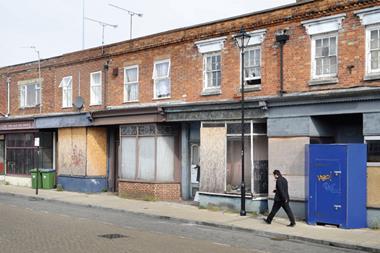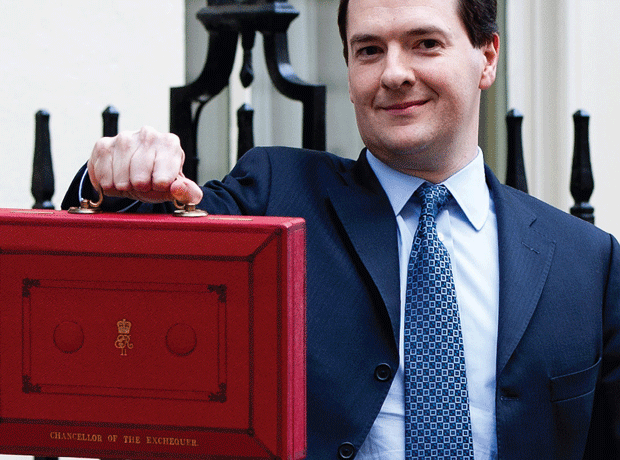The retail industry is calling on the Chancellor to take action to cut business costs and stimulate investment in next month’s Budget, as new research shows retailers’ operating costs have increased by a fifth since 2006.
An independent study produced by Oxford Economics for the British Retail Consortium (BRC) shows that centrally-driven costs such as business rates and utility bills have helped drive up retailers’ operating costs by £20bn in the last seven years. Market-sensitive costs such as rents have also contributed.
The BRC is urging Chancellor George Osborne to freeze business rates in April 2013, replacing it with a system for the future that produces increases that are more affordable and predictable.
It also recommends applying a ‘one in, two out’ approach to regulation, introducing a time-limited National Insurance holiday for all firms taking on an unemployed young person, and implementing parking performance league tables. The government should provide central coordination on implementation of the Portas Review recommendations, the BRC added.
The Association of Convenience Stores (ACS) is also calling for action on business rates. In its submission to the Treasury, it suggests a cap on rates to ensure annual increases will never exceed 2%, and a wholesale review of rates that prioritises targeting rate relief at businesses that need it most.
ACS chief executive James Lowman said: “The business rates system is broken. The cost of property in no way reflects the viability of businesses that are needed.”
The ACS also wants a review of the impact of everyday retail banking practices and a commitment to reduce the cost of VAT “at the earliest opportunity” to stimulate consumer spending.
“We don’t doubt the Chancellor’s desire and commitment to get banks’ lending to business, however we must not lose sight of the pressure caused by the significant increases in the cost of day to day banking, like overdraft charges and cash handling fees since the financial crisis,” Lowman added.


















No comments yet